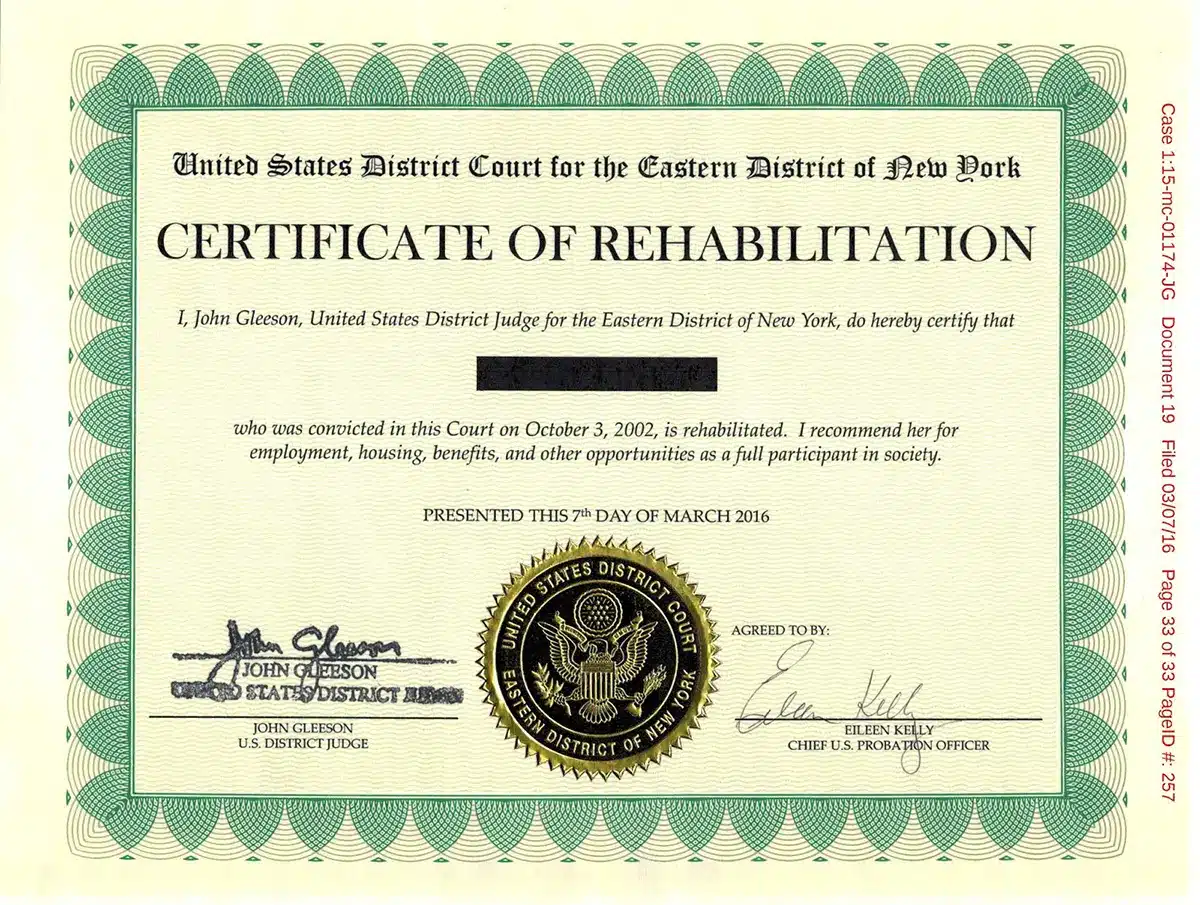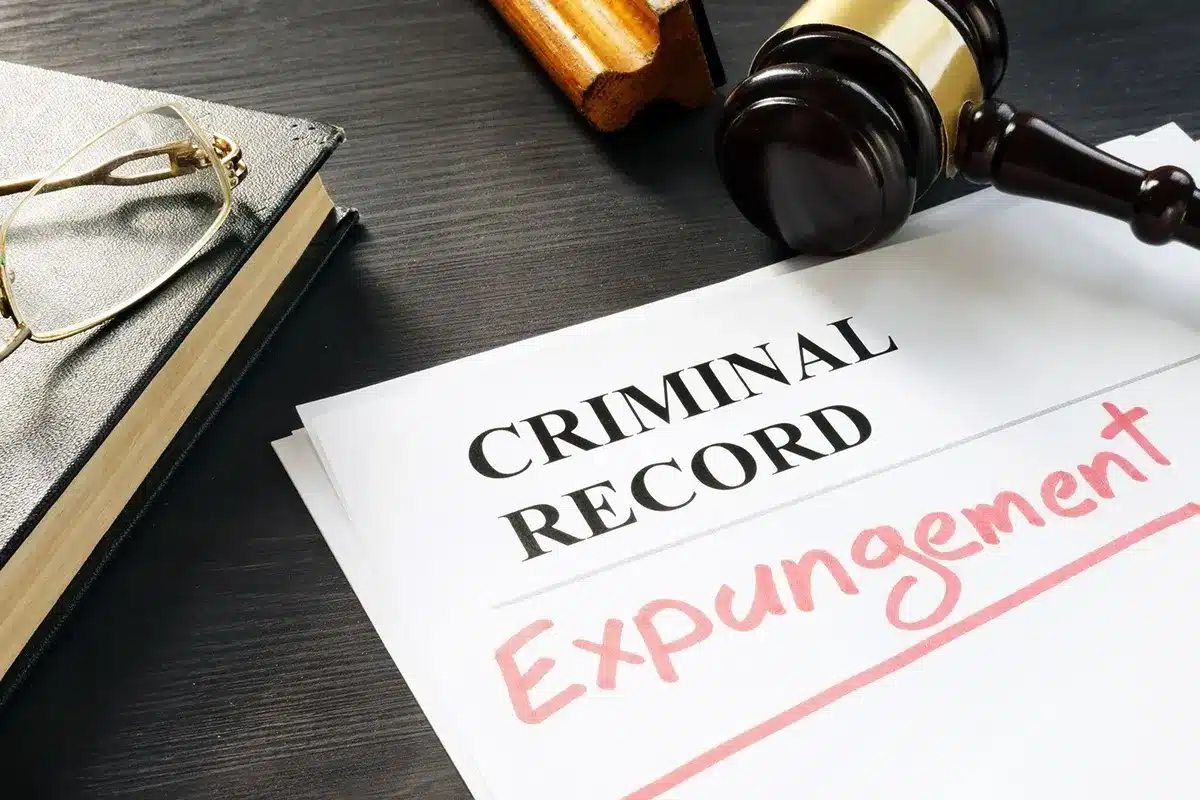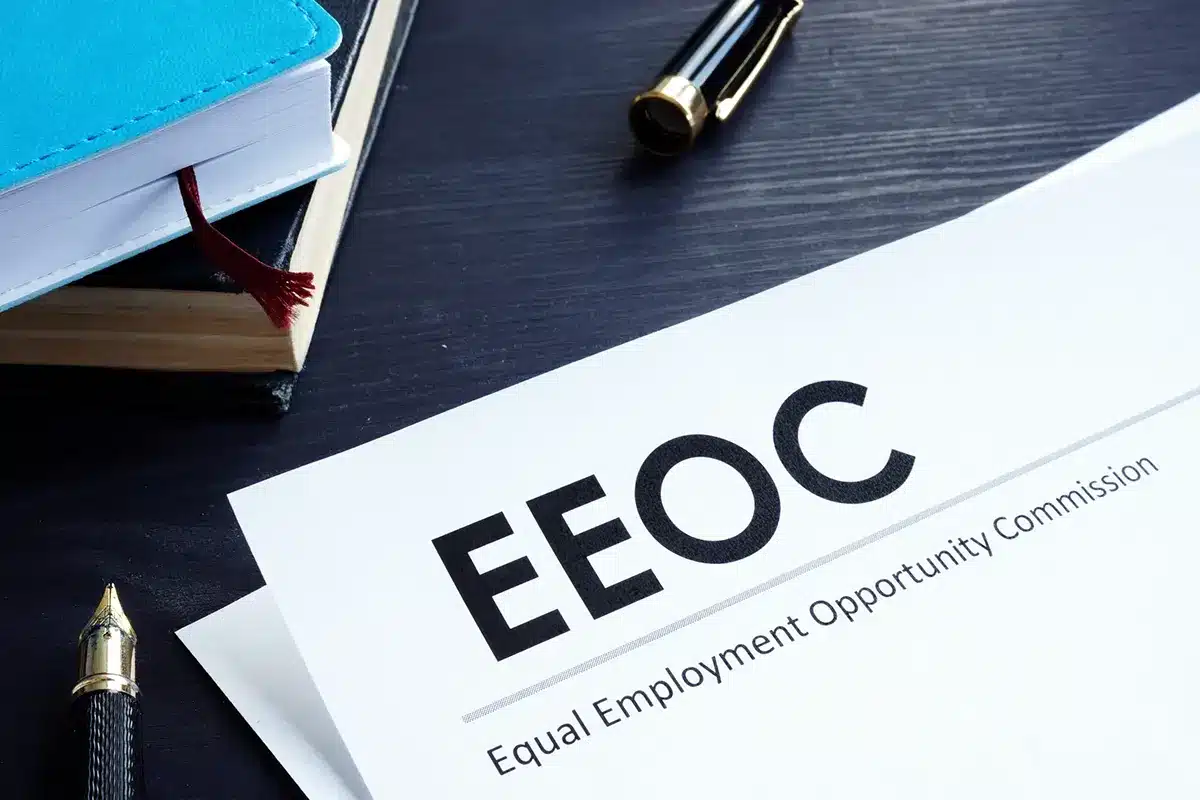In today’s society, having a criminal record can make it challenging to qualify for most jobs. While employers are not allowed to discriminate based on criminal history or past felony conviction, certain felonies can disqualify an individual from obtaining certain employment opportunities.
Felonies that disqualify individuals from certain types of employment vary by state and employer, but typically include crimes against people, property, and society.
In this article, we will explore what felonies can disqualify you from getting a job, as well as local laws and federal laws that can help convicted felons secure jobs.
Quick Navigation
- Understanding Felony Disqualification
- Felonies That Disqualify You from Getting a Job
- Exceptions to Felony Disqualification
- Conclusion
Understanding Felony Disqualification
Felony disqualification is the process by which certain individuals with felony convictions are disqualified from obtaining employment opportunities.

Its legal basis is grounded in public safety concerns. Employers have a responsibility to ensure the safety and well-being of their employees and customers.
Types of Felony Disqualification
There are two types of felony disqualification: mandatory and discretionary.
Mandatory disqualification means that certain jobs are off-limits to individuals with a specific criminal background, even if they have the required skills.
On the other hand, discretionary disqualification allows most companies to consider the nature of the crime and the job requirements before making a hiring decision.
Employers have an obligation to comply with local, state, and federal laws regarding felony disqualification when making employment decisions.
Companies must also consider fair chance hiring laws, which provide opportunities for individuals with criminal records to be considered during the hiring process and be granted with second chance jobs.
Felonies That Disqualify You from Getting a Job
Felonies that disqualify you from getting access to employment opportunities include crimes against people, property, and society.
These felonies are considered high-risk and can disqualify individuals from certain jobs.
Crimes Against People

Crimes against people are a serious category of felonies that can disqualify applicants from certain types of employment.
These crimes involve violent acts committed against another person and can have severe and lasting consequences for victims and their families.
Examples include:
- Murder
- Rape
- Kidnapping
- Assault with a Deadly Weapon
Crimes Against Property

Crimes against property are crimes that involve the intentional destruction or theft of property belonging to another person or entity.
It includes:
- Burglary
- Robbery
- Arson
- Grand Larceny
Crimes Against Society

These crimes involve acts that are considered harmful to the larger community.
- Drug Trafficking/Drug Use
- Money Laundering
- Terrorism
- Embezzlement
Exceptions to Felony Disqualification
While certain felony convictions can disqualify individuals from certain jobs, there are exceptions to felony disqualification. These exceptions include:
Certificate of Rehabilitation
A Certificate of Rehabilitation (COR) is a legal document that can be obtained by previously convicted felons in the United States.

It serves as proof that the individual has been rehabilitated and can be trusted to live a law-abiding life.
The purpose of a COR is to help people with felony convictions reintegrate into society by removing barriers to employment, housing, and other opportunities.
In many states, the certificate can also restore certain civil rights, such as the right to vote or serve on a jury.
To obtain a COR, an individual must file a petition with the court in the county where they were convicted.
The court will then review the petition and consider various factors, such as the individual’s criminal history, behavior since the conviction, and evidence of rehabilitation.
If the court grants the petition, the individual will receive a COR. The certificate can then be presented to potential employers as evidence that the individual has been rehabilitated and is a suitable candidate for employment.
However, it is important to note that a COR does not guarantee employment or eliminate all barriers to reentry.
An employer is still permitted to conduct a criminal background check and make employment decisions based on their own criteria and job search.
Expungement
Expungement is a legal process that allows individuals to have their criminal records sealed or erased.

The purpose of expungement is to provide a second chance for individuals who have been convicted of certain crimes by removing the stigma and legal disabilities associated with their criminal past and criminal histories.
The specific laws and procedures for expungement vary by state and jurisdiction.
Generally, individuals who are eligible for expungement are those who have been convicted of minor offenses, first-time offenders, or individuals who have completed a diversion program or probation.
Employer Discretion
Employer discretion refers to the ability of employers to make hiring decisions based on their own criteria, including the consideration of an individual’s criminal history.

In other words, employers are allowed to exercise discretion in determining whether to hire someone with a criminal record for a specific position.
While some employers may have strict policies against hiring individuals with felony convictions, others may consider a range of factors.
For example, a company may hire after taking into consideration the nature of the crime, the time that has passed since the conviction, and the individual’s demonstrated rehabilitation and efforts to address any issues that led to the conviction.
Fair Chance Hiring Laws
Fair Chance Hiring Laws, also known as Ban the Box laws, is a type of legislation designed to provide individuals with criminal records a fair chance to be considered for employment or their desired jobs.

The name “Ban the Box” refers to the checkbox on job applications that asks whether or not the applicant has a criminal history.
These laws vary by state and jurisdiction but generally prohibit an employer or company from asking about an applicant’s criminal history when hiring people. Instead, employers may only inquire about it after securing employment.
The purpose of these laws is to prevent potential employees with a history of conviction from being automatically excluded from consideration for employment.
It also aims to give them the opportunity to demonstrate their qualifications and rehabilitation before their criminal history is considered.
Federal Law
The Civil Rights Act of 1964 is a federal law that prohibits discrimination based on race, color, religion, sex, or national origin in several areas, including voting, education, public accommodations, and employment.
Title VII of the Civil Rights Act specifically prohibits employment discrimination. It established the U.S.
Equal Employment Opportunity Commission (EEOC) to enforce the law and investigate claims of discrimination from convicted felons.
The Act is considered one of the most significant pieces of civil rights legislation in U.S. history.
The U.S. Equal Employment Opportunity Commission, or EEOC, enforces federal laws against job discrimination based on a felony conviction.

Employers are generally allowed to consider an individual’s criminal history in employment decisions.
The EEOC provides guidelines and protections to prevent discrimination against individuals with a criminal record, particularly those who have completed their sentences and demonstrated rehabilitation.
Conclusion
In conclusion, understanding felony disqualification is essential for both employers and individuals with criminal records when it comes to securing stable employment.
While certain felonies may disqualify individuals from certain types of employment such as practicing medicine, exceptions such as the Certificate of Rehabilitation, Expungement, Employer Discretion, and Fair Chance Hiring Laws may provide opportunities for those seeking a second chance.
It is important for individuals with criminal records or past felony convictions to be responsible and take proactive steps toward rehabilitation to get a fresh start in life.
They must also be aware of the state laws and federal laws that can give them a second opportunity. Once given the chance, they must work hard
As for any companies, they should consider the individual as a whole during the screening process. This includes making the final decision based on their education, qualifications for the job, and rehabilitation efforts.

